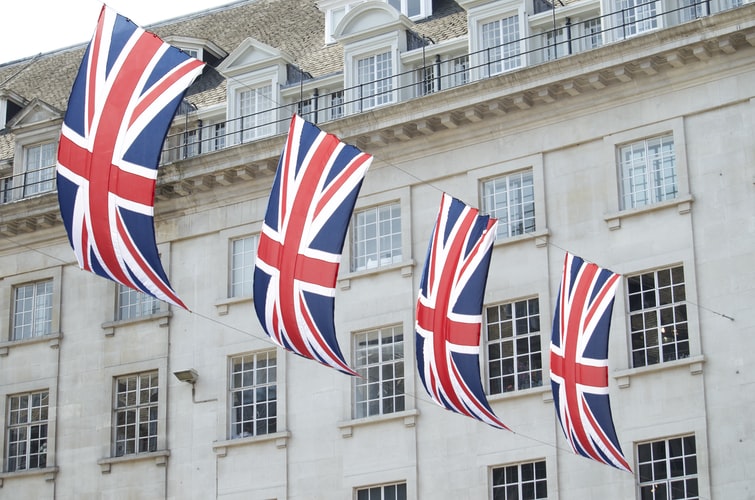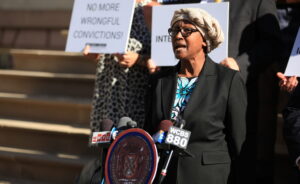
Image Credit: A Perry/Unsplash
Trigger Warning: Sexual Offenses
London, UK – WikiLeaks founder, Julian Assange’s extradition hearing began in September, at the Central Criminal Court of England and Wales ( The Old Bailey). The judge overseeing the hearing denied Assange’s “untimely” request to adjourn the extradition hearings.
The Charges
The U.S. charged Julian Assange with spying under the Espionage Act of 1917. These charges carry a sentence of up to 175 years in prison. Charges were pressed against Assange when WikiLeaks published classified war-logs and diplomatic cables leaked by Chelsea Manning when she served in the U.S. military in Afghanistan and Iraq.
Although no charges were brought against Assange under the Obama Administration, the Trump Administration indicted Julian Assange in 2019. He was indicted because WikiLeaks published documents, referred to as Vault 7, which showed the U.S. government’s ability to hack into electronic communications. During a press conference, the U.S. Secretary of State Mike Pompeo called WikiLeaks “a non-state hostile intelligence service.”
Status in The UK and EU
Assange was initially under refuge at the Ecuadorian embassy in London after losing an appeal against extradition to Sweden on rape charges. Seven years later, the government changed in Ecuador resulting in Assange’s arrest by the British police.
The Stockholm prosecutor’s office decided to discontinue the rape charges against Assange. Collin Anika, the office’s Press Manager, directed the Current Affairs Times to a press release. The statement said that prosecutor Marianne Ny opined that Assange had exhausted all attempts by Swedish and British authorities to execute the decision to surrender him to Sweden in accordance with the EU rules while being permitted refuge at the Ecuadorian embassy in London.
Should EU rules be honored even in the extradition to the U.S. hearings? Assange is currently being held at the HM Prison in Belmarsh-UK, pending the extradition decision.
The Extradition Hearings So Far
Assange received a forceful warning from Judge Vanessa Baraitser on the second day of his extradition hearing when he shouted “nonsense,” speaking out of turn as U.S. attorneys informed a witness (name not disclosed) that the extradition was “not for handling leaked documents but for releasing confidential names.” Assange was instructed to not speak even when he inevitably disagreed with the prosecution.
At this hearing, Clive Stafford-Smith, an expert witness in Assange’s case, informed the court that “the use of U.S. drones for targeted strikes in Pakistan as well as alleged U.S. war crimes in Afghanistan and Guantanamo Bay, had been exposed in the documents published by WikiLeaks.”
Defense Team’s Stand
The Current Affairs Times exclusively communicated with Julian Assange’s attorney, Jennifer Robinson. According to Robinson, espionage in this specific case refers to a nonviolent offense related to award-winning publications.
Assange’s legal team told Current Affairs Times that “The U.S.-UK Treaty makes it clear that no one should be extradited for a political offense. The U.S. does not extradite its own citizens for political offenses. However, it is seeking the extradition of an Australian from the UK, in a prosecution that is politically motivated and part of the current U.S. administration’s war against journalists and whistleblowers to pursue a precedent that will kill public interest reporting in the U.S.”
Current Affairs Times was told by Jennifer that the Assange’s defense team’s argument is fundamentally about human rights and freedom of speech. Journalists and whistleblowers who reveal illegal activity should be protected from prosecution. If Assange is sent to the U.S., a dangerous precedent will be established for British journalists.
The question according to Jennifer Robinson is “What does this mean for the UK, a western democracy of which a free and independent press is a cornerstone?”
Assange’s attorneys believe that the publications for which he is being prosecuted provide important evidence that could hold governments accountable for abuse. Robinson told Current Affairs Times that in her own work she has cited WikiLeaks cables at the International Court of Justice.
It was confirmed to Current Affairs Times that though the outcome remains to be seen, there is no doubt that appeals will be filed should the judge decide against Julian Assange. They hope that Assange will not be extradited to the U.S. given the negative repercussions that this case will have for journalists worldwide.
Committee To Protect Journalists Reaction
The Committee To Protect Journalists (CPJ) was the organization that originally urged former U.S. President Barack Obama and his Attorney General Eric Holder to not prosecute Julian Assange.
Barbara Santa-Wood, the Communications Head of CPJ informed Current Affairs Times that CPJ is closely monitoring the extradition hearings. She reiterated CPJ’s stand that Assange should not be extradited.
According to Robert Mahoney, CPJ’s Executive Director, “The extradition of Julian Assange to the U.S. to stand trial for his groundbreaking work with WikiLeaks would deal a body blow to First Amendment rights and press freedom. Using the draconian wartime powers of the Espionage Act against Assange undermines journalists’ rights and sets dangerous precedents that cast journalists and publishers as criminals.”
The question here is should a journalist be penalized criminally for exposing the government?
Image Credit: A Perry/Unsplash
Sources:
- The Current Affairs Times exclusively communicated with Attorney Jennifer Robinson through her media representative, Alex Felton.
- The Current Affairs Times obtained copies of press releases from the Stockholm Prosecutors Office.
- The Current Affairs Times obtained copies of press releases from CPJ.
- The Current Affairs Times has obtained copies of public filings from The Old Bailey/UK courts.
Afia is a lawyer, journalist, an avid traveler, an avid reader, a foodie, and an amateur singer. She enjoys instrumental music with her glass of wine ?






